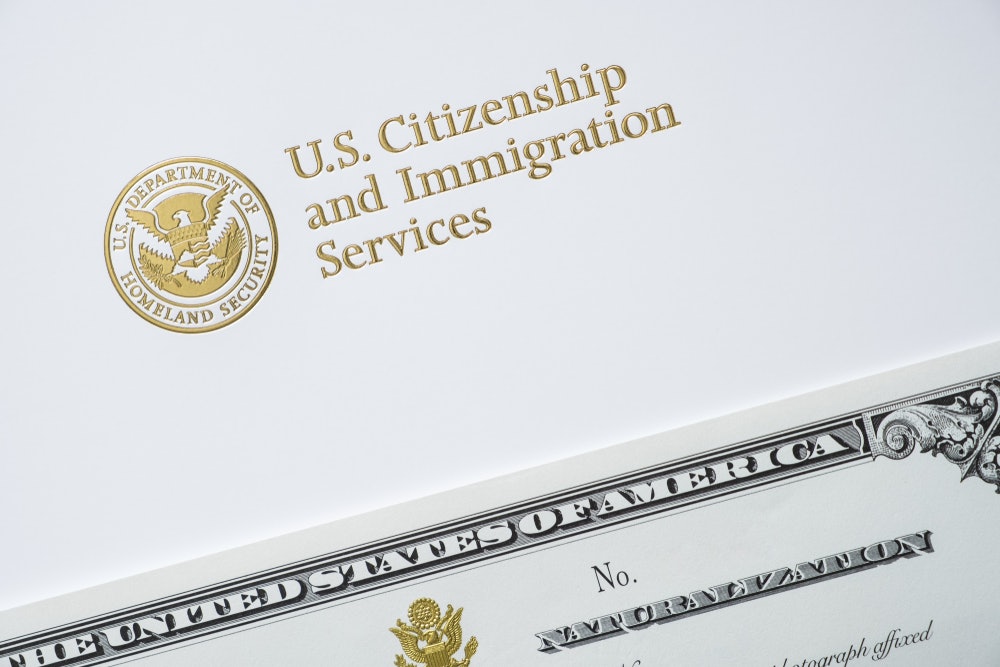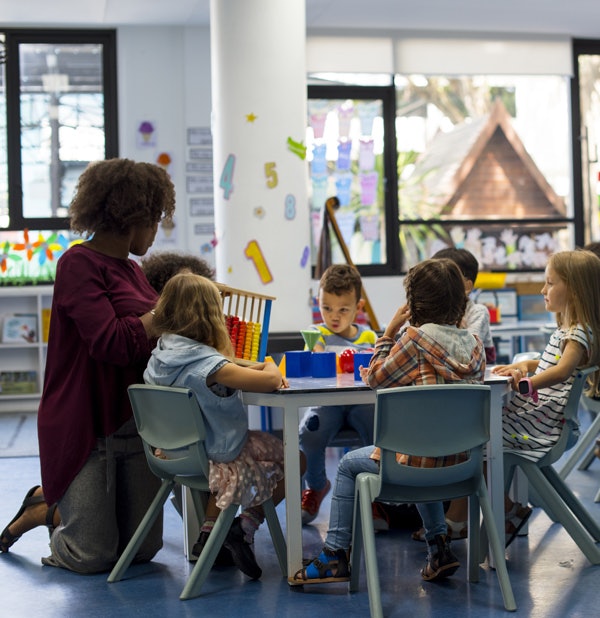Our Education Reform team applauds the 20 immigrants who became citizens today. It is a day I am certain they and their families will remember...
Our Education Reform team applauds the 20 immigrants who became citizens today. It is a day I am certain they and their families will remember forever, and each of us is excited for their paths ahead. Becoming a U.S. citizen is a great honor that affords many opportunities. As President Bush has noted: “I will always be honored to carry a title that means more to me than any other: citizen of the United States of America.”
One opportunity that is not defined by citizenship status, however, is attending U.S. elementary and secondary schools. In 1982, the Supreme Court determined that educators could not ask the citizenship status of students enrolling in our schools. Being able to attend our schools is an opportunity that our country provides to any student. And regardless of how each one enters our school doors, every one of them deserves the best education available.
When our Nation’s immigrants prosper, our country prospers. Studies have found that immigrants actually complete 12 years of schooling at a higher rate than native-born Americans (Hunt, 2003) and that immigrants are more likely to have an advanced degree (U.S. Census Bureau, 2011). Better educating our students and holding high-standards for all will positively impact everyone. In fact, this is the intent of No Child Left Behind (NCLB). Specifically, this act ensures that schools and districts are held accountable for all students, including special populations. Because regardless of race, zip code, language, ability, or country of origin, it is always better to graduate students equipped with the skills necessary to benefit society.
Since NCLB was enacted, we’ve seen academic improvements across the country. Students are no longer routinely marginalized and hidden. Graduation rates are up, the achievement gap between minority and non-minority students has greatly decreased, and scores on the Nation’s Report Card (referred to as the National Assessment of Educational Progress) are on a positive trajectory. The measures put in place by NCLB can help all students and push our entire population, including our immigrants, to realize the opportunities available.
But when compared to our international peers, there is still much work to do. For these reasons, let’s follow the lead of NCLB and move beyond inspirational statements and set clear goals, measure our progress towards those goals, and act when those goals are not met. This is not a goal for immigrants, nor is it exclusive to the native-born. It is a moral imperative if we are to compete globally.
So, as we see it – our collective commitment to educating all students is part of the power of our Nation. And as we continue celebrating those who are new citizens, we will also continue to work to improve opportunities for all of our children.





























